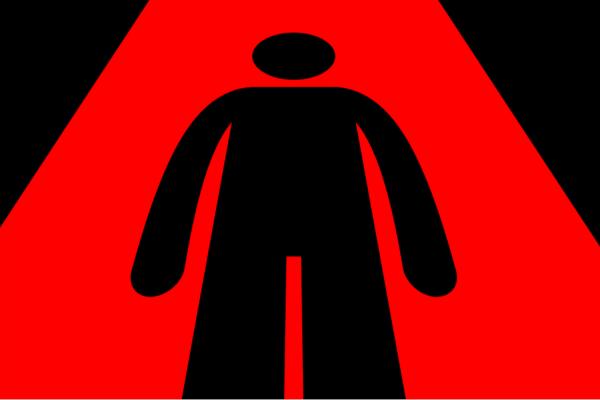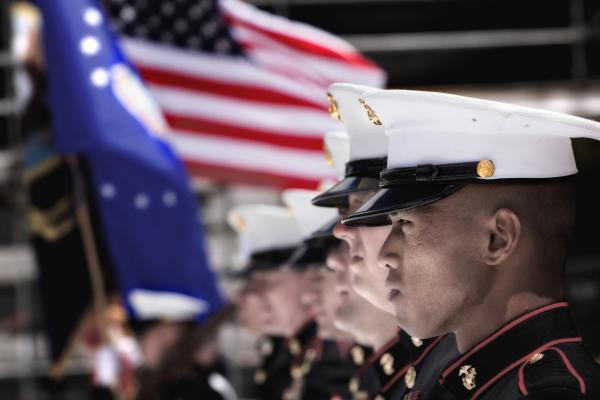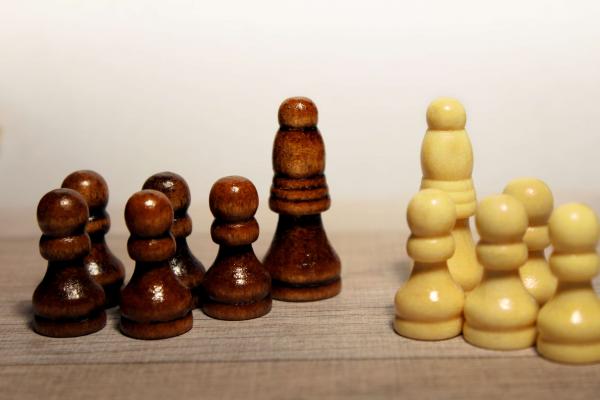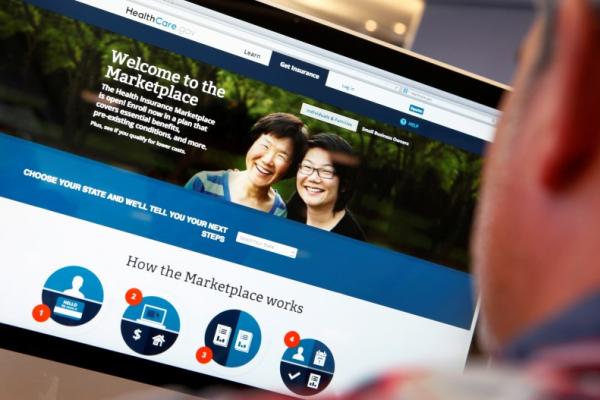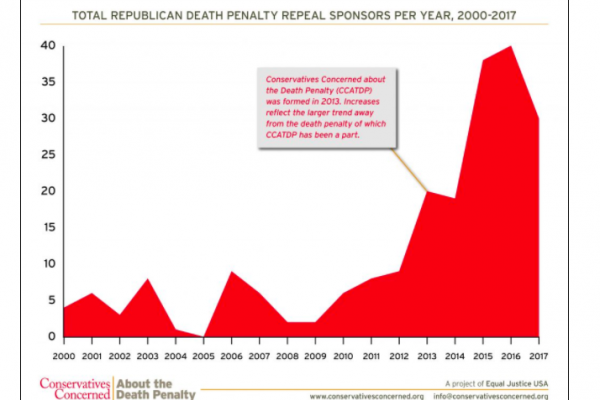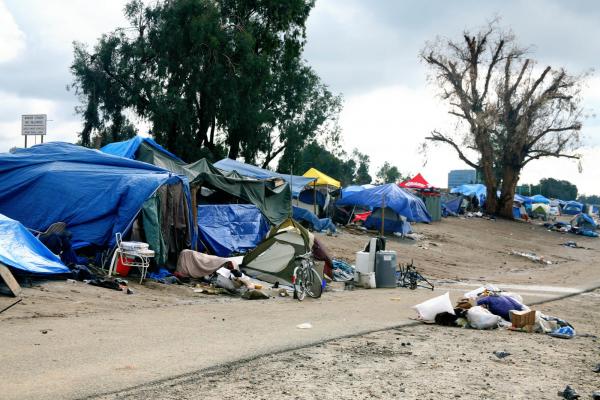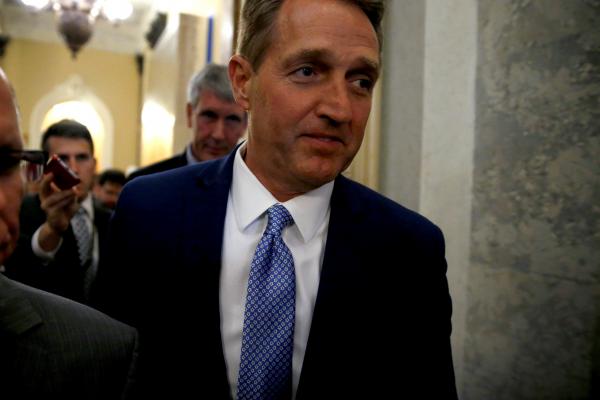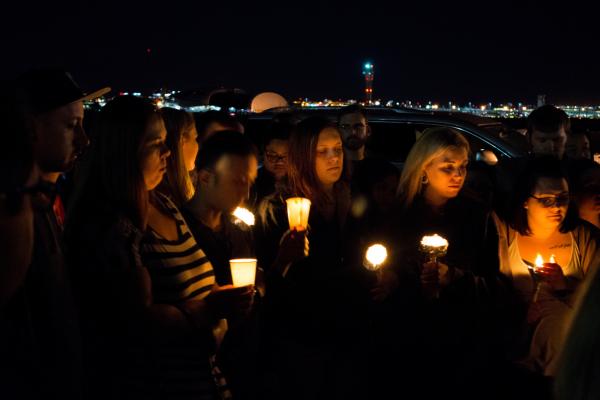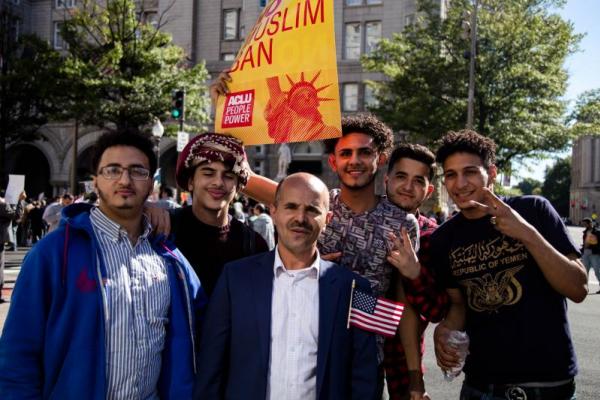Reading and hearing the stories of sexual predator Harvey Weinstein's assaults against so many women has been painful for all of us. The sense of powerful male entitlement to harass, abuse, or assault whomever they want, and by any means necessary, crosses political lines from Weinstein to Bill O’Reilly and Roger Ailes of Fox News, to Bill Clinton, to current President of the United States Donald Trump. From Hollywood, to the media, to Washington, to workplaces and college campuses and even churches in our country and beyond, this male predatory behavior is common. This Sunday’s Washington Post Outlook cover headline put it well: “A World of Weinsteins."
Of 1,131 active-duty service members, 30 percent surveyed that white nationalism poses a greater threat to U.S. national security than ISIS conflicts in Syria and Iraq, as additionally reported by Newsweek.
In the American church, where the right of the individual is sacrosanct, the ability to choose a church is protected with greater vigilance than the possible immoral consequences of that choice. The current segregation of congregations continues to be perpetrated and justified by the idolatry of choice.
A judge on Wednesday refused to block President Donald Trump's decision to end subsidy payments to health insurers under Obamacare, handing Trump a victory against Democratic attorneys general who have regularly challenged the president's policies in court.
“This is a system that is broken; we shouldn’t trust this system when we’re got the evidence to show that it doesn’t work,” said former Nebraska state Sen. Colby Coash. Nebraska was the first red state to abolish the death penalty.
The administration also will place on hold a program that allows for family reunification for some refugees resettled in the United States, according to a Trump administration memo seen by Reuters and sent to Congress on Tuesday. The resettling of so-called following-to-join refugees will resume, according to the memo, once screening "enhancements have been implemented."
On Oct. 21, that same intentional Berkeley housing encampment — which has peacefully existed in its current location for the last nine months, was served a 72-hour eviction notice by the Bay Area Rapid Transit (BART) police by request from the City of Berkeley. Despite receiving over 3 million dollars in grants to expand housing, the City of Berkeley invests more of its time and resources displacing marginalized communities.
Yesterday, Republican Sen. Jeff Flake said in a statement, “Mister President, I rise today to say: enough.”
Enough.
I wonder what it might mean if we said that and really meant it.
As Christians.
As Americans.
As human beings.
Just how religion plays into our biological impulse for empathy is not yet clear. One study from the University of Chicago shows that religious upbringing is associated with less altruism. Other studies have shown the contrary; a University of Warsaw study found that religious beliefs are positively associated with empathy, as empathic skills are crucial factors for religion.
Legal proceedings revolve around intent. Intent is the difference between involuntary manslaughter and murder. Intent is the difference between a harmless literacy test and robbing people of the right to vote. Intent matters because intent shows us the naked truth behind what people do and say.
